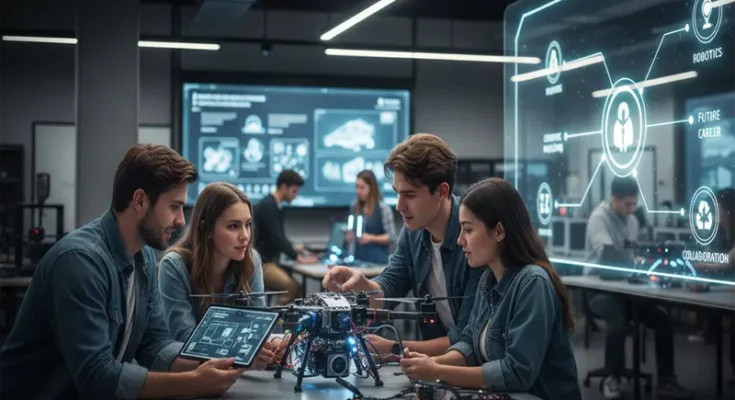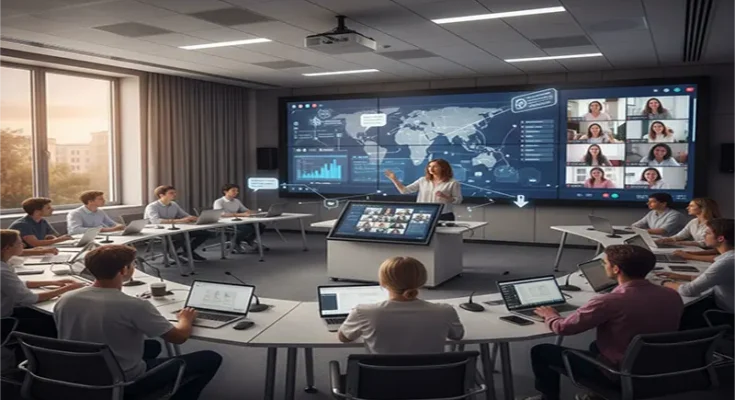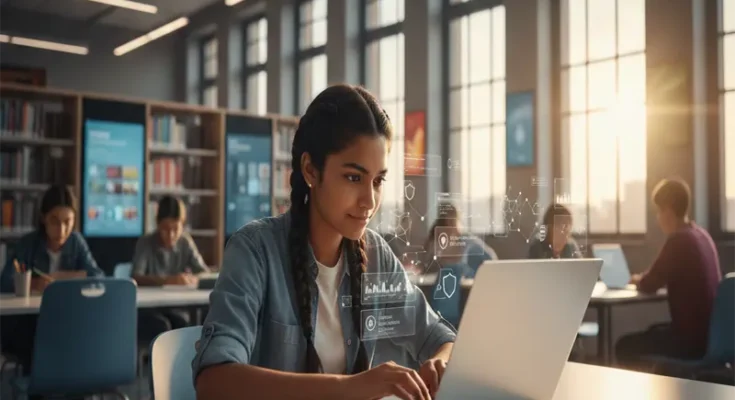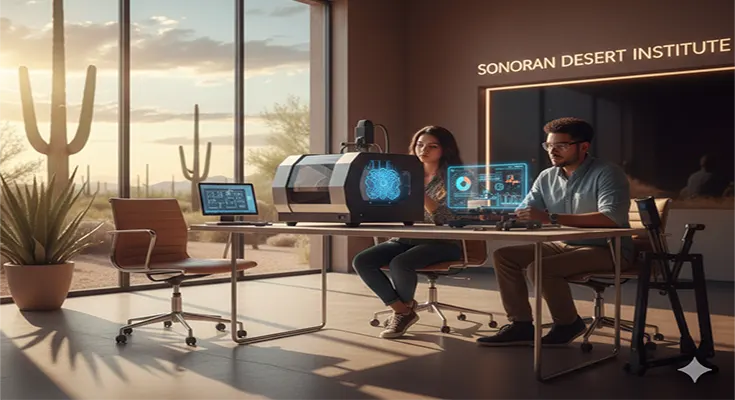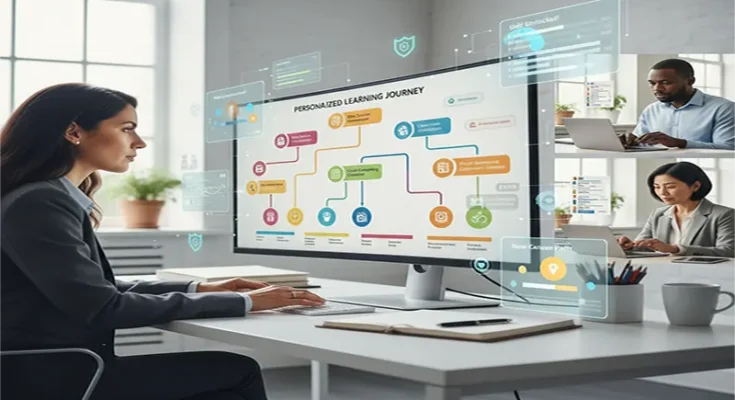
Personalized Micro-learning Paths for Adult Skill Reskilling
In 2026, the “half-life” of a professional skill has shrunk to less than three years. For the mid-career professional, the traditional model of returning to university or attending a week-long corporate retreat is no longer viable. We have entered the era of the Reskilling Revolution, where the only way to keep pace with AI-driven disruption is through Personalized Micro-learning Paths.
This approach moves away from “one-size-fits-all” libraries and toward hyper-targeted, AI-orchestrated journeys that respect an adult learner’s most precious resource: time.
1. The Anatomy of a 2026 Personalized Path
Personalization in 2026 is not just about recommending a course; it is about the “atomic” level of content delivery. A modern micro-learning path is built on three pillars:
- The AI Diagnostic (The Skills Audit): Before you learn, the system assesses what you already know. By analyzing your LinkedIn profile, past project outputs, and even GitHub repositories, AI identifies your


